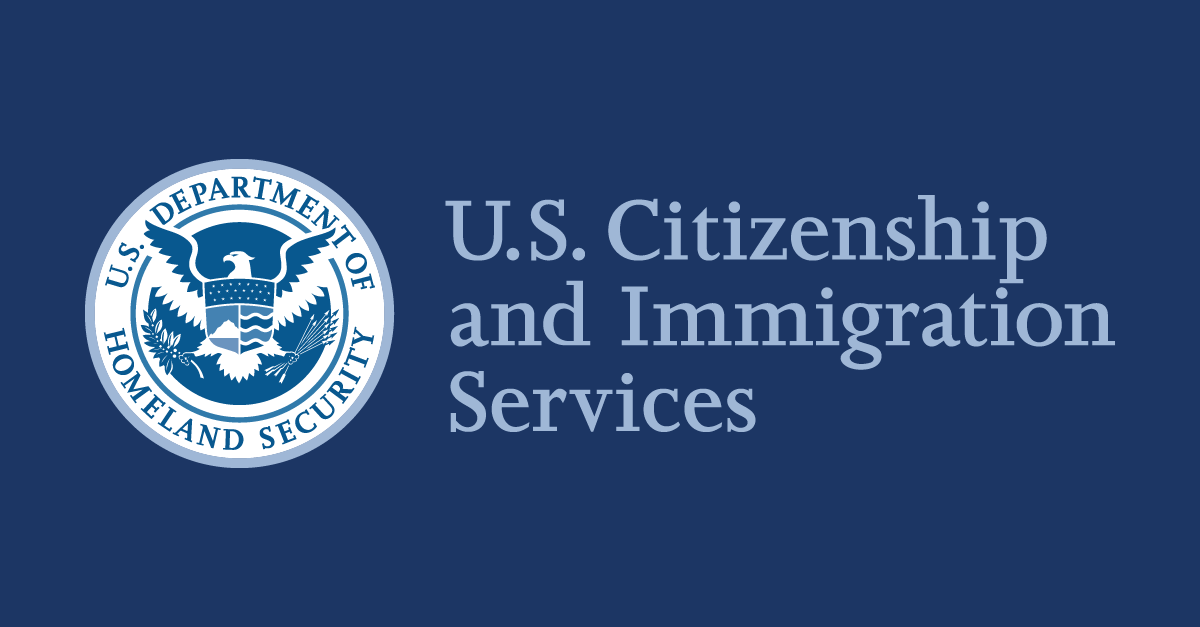Hi my spouse on F1 visa got the 1095-A form. we have applied for insurance through Mahealthconnector. He had insurance from Health connector and have form 1095-A, till Marc 2019.
Will this come under public charge, please
Thanks
Will this come under public charge, please
Thanks



Comment